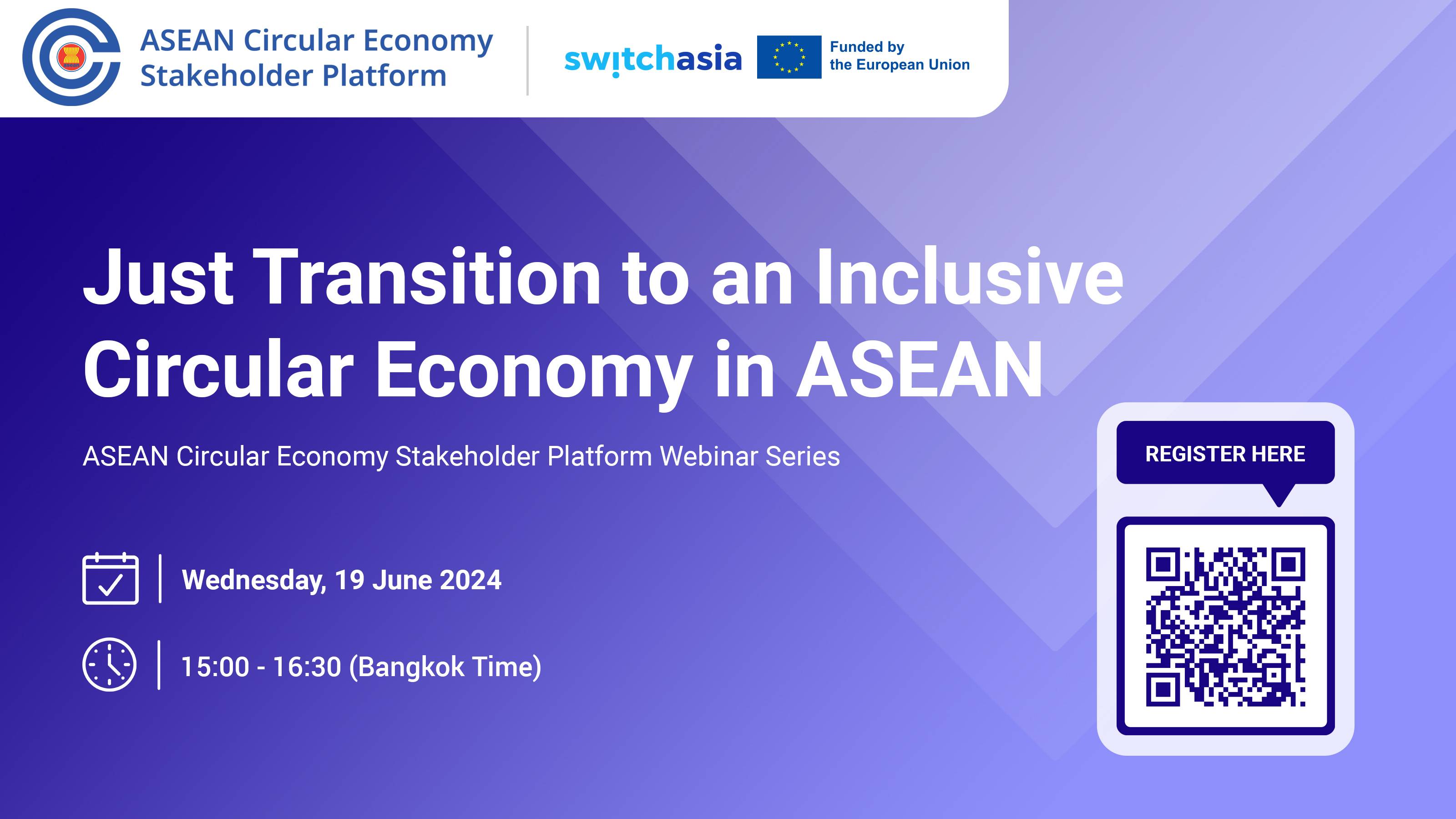
WHEN: 19 June 2024 I TIME: 15:00 - 16:30 (Bangkok Time) I Platform: ZOOM I Wach the video HERE
Background:
ASEAN is one of the most dynamic and fastest-growing regions in the world, thanks to its rich natural resources, diverse demographics, infrastructure development, strategic location, economic integration, and policies that encourage trade and investment. In recent years, the Circular Economy has gained momentum as a means to dissociate this rapid growth from resource depletion and environmental degradation. However, the significant impacts of transitioning from a linear to a circular economy are severely felt by underserved communities and countries, which are most affected by unsustainable business practices, extreme climate events, and the implementation of reformative policies. The concept of a 'Just Transition' originated in the 1970s as a labour protection strategy and has regained popularity over the last decade as a framework for social inclusion while achieving climate goals. The United Nations defines it as "ensuring that no one is left behind in the transition to low-carbon and environmentally sustainable economies and societies" [1]. Furthermore, the International Labour Organization (ILO) expands this definition beyond climate goals to include "greening the economy in a way that is as fair and inclusive as possible to everyone concerned, creating decent work opportunities and leaving no one behind," with an emphasis on creating decent jobs [2].
Discussing a Just Transition in the context of a Circular Economy is crucial, encompassing strategies such as maximizing resource circulation, enhancing resource efficiency, and transitioning to more sustainable resource options. This is because the shift towards circularity will also affect how rights and welfare are distributed among regions, countries, organisations, societies, and communities. Often discussed solely as an environmental protection strategy, the Circular Economy requires additional efforts for a truly Just Circular Transition. Without the participation of multiple stakeholders, a sustainable circular roadmap cannot be achieved.
An inclusive and equitable transition is essential for making the Circular Economy work for human development and thereby supporting the achievement of the Sustainable Development Goals (SDGs), including good health and well-being, no poverty and hunger, decent work, and equality. Various aspects of the Circular Economy, such as waste management, significantly affect the poorest communities, whether through improper management, which leads to environmental and health impacts due to landfill pollution, or through proper management, which can strip the informal sector of garbage collectors of their livelihoods and income from selling recyclables. Low and middle-income countries, which heavily rely on resource extraction and pollution-intensive industries for a significant portion of their GDPs, will face challenges and will need supportive mechanisms and strategies to ensure a smooth transition to more diverse and sustainable economic activities without leaving anyone behind from the resource-intensive sectors. Multilateral trade agreements and international collaborations can help improve fairness in global trade and reduce inequality among countries during the transition. Therefore, discussing the Circular Economy on a global scale is imperative to ensure a Just Circular Transition.
Webinar Session:
The ASEAN Circular Economy Stakeholder Platform (ACESP) and the EU SWITCH-Asia Policy Support Component (co-host), are convening the webinar, Just Transition to an Inclusive Circular Economy in ASEAN to emphasize the importance of a fair and equitable transition to a Circular Economy that includes all levels of society, ensuring that no one is left behind.
About the ASEAN Circular Economy Stakeholder Platform Webinar Series
The webinar series, hosted by the ASEAN Circular Economy Stakeholder Platform and co-hosted by the EU SWITCH-Asia Policy Support Component, is strategically designed to foster the adoption of Sustainable Consumption and Production (SCP) practices in the context of the Circular Economy (CE) across the ASEAN region. Recognising the need for a comprehensive approach addressing both supply and demand aspects and bringing together diverse stakeholders, these webinars intend to raise awareness, promote understanding, and facilitate an inclusive dialogue on making the circular economy a tangible reality in the ASEAN region. Thereby, the series aims to strengthen networks and knowledge exchanges among institutions working towards shared sustainability goals.
Chairs and Moderators
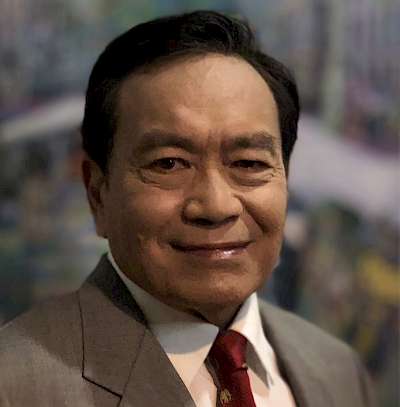 Anthony Pramualratana, ASEAN Circular Economy Stakeholder Platform
Anthony Pramualratana, ASEAN Circular Economy Stakeholder Platform
In July 2022, Dr. Anthony Pramualratana assumed the role of Deputy Executive Director at the ASEAN Centre for Sustainable Development and Studies Dialogue (ACSDSD). The ACSDSD garnered support from leaders during the 34th ASEAN Summit in Bangkok in June 2019 and was officially launched at the 35th ASEAN Summit in Bangkok in November 2019. Its primary objective is to advance research on specific sustainable development issues of mutual interest and facilitate dialogue among ASEAN Sectoral Bodies, Dialogues, and external partners, employing a comprehensive and cross-cutting approach. In September 2022, Dr. Pramualratana played a key role in establishing the ASEAN Circular Economy Stakeholder Platform, a regional facility aimed at helping ASEAN Member States (AMS) achieve sustainable consumption and production by accelerating the transition towards a circular economy.
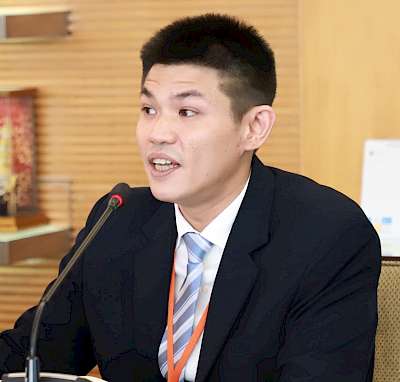 Treesuvit Arriyavat (David), Project Manager, ASEAN Circular Economy Stakeholder Platform
Treesuvit Arriyavat (David), Project Manager, ASEAN Circular Economy Stakeholder Platform
David is a PhD candidate in Management at the College of Management, Mahidol University, Bangkok, Thailand. He holds significant experience in managing projects within the ASEAN context. Currently, David serves as the project manager for the ASEAN Circular Economy Stakeholder Platform (ACESP) at the ASEAN Centre for Sustainable Development Studies and Dialogue (ACSDSD) at Mahidol University, Bangkok. In this capacity, he is responsible for establishing and overseeing the day-to-day operations of the ACESP Secretariat. This role encompasses various tasks, including project coordination, management of the knowledge and information portal, as well as communication and outreach efforts.
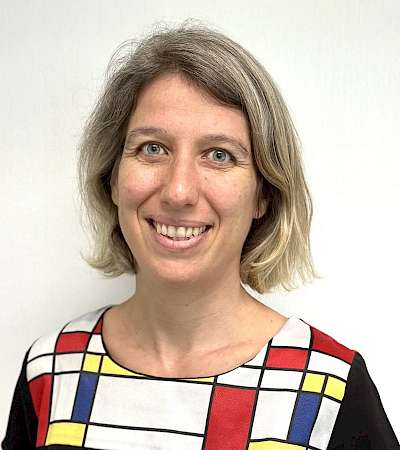 Elodie Maria-Sube, Expert on EU policy development and partnership building at the SWITCH-Asia Policy Support Component
Elodie Maria-Sube, Expert on EU policy development and partnership building at the SWITCH-Asia Policy Support Component
Elodie is the Key Expert on EU policy development and partnership building of the SWITCH-Asia Policy Support Component of the SWITCH-Asia Programme. She is specialized in European Affairs related to topics of circular economy, SCP, climate change and environmental management, and has extensive experience in stakeholder consultation and engagement at the EU level, as well as with high-level officials in Ministries of Environment and Finance in Asia. For over a decade, Elodie has worked in South and South-East Asia on environment and climate change. She is currently leading the SWITCH-Asia Technical Advisory project on Sustainable/ Green Public Procurement for Transformation.
Speakers
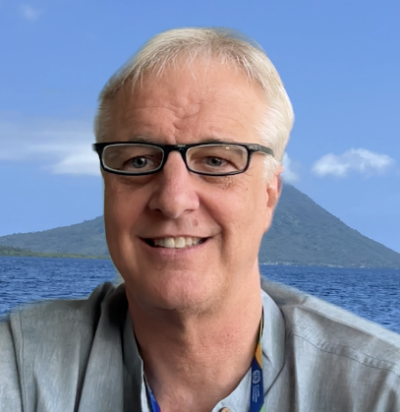 Eric Roeder, Technical Specialist on Green Jobs, Climate Action and Resilience at International Labor Organization (ILO)
Eric Roeder, Technical Specialist on Green Jobs, Climate Action and Resilience at International Labor Organization (ILO)
Eric Roeder boasts two decades of service to the United Nations, specializing in diverse sustainability projects. Notable contributions encompass mitigating dust storms with UNCCD, promoting energy efficiency via UNEP, fostering smart agriculture with UNESCAP, and enhancing rural infrastructure in Laos through ILO. Eric's private sector involvement champions inclusive and self-sustaining growth, exemplified by his initiative linking companies with tsunami monitoring infrastructure. As UNESCAP Network Coordinator, he propelled PPP for resilient infrastructure aligned with SDGs and Paris Agreement. He spearheaded efforts revitalizing the South Aral Sea basin, culminating in a 2023 UN resolution. Eric now thrives as ILO Technical Specialist, focusing on Green Jobs and Just Energy Transitions in ASEAN countries.
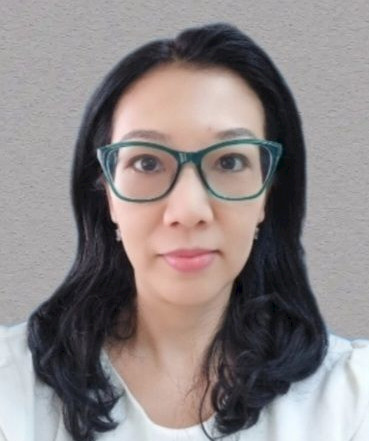 TEH Lip Li, Advisor at ASEAN Socio-Cultural Community (ASCC) Research & Development Platform on Media, Culture, and Arts
TEH Lip Li, Advisor at ASEAN Socio-Cultural Community (ASCC) Research & Development Platform on Media, Culture, and Arts
TEH Lip Li, PhD has extensive experience in government affairs, academia and consulting. She is currently Adviser for the ASEAN Socio-Cultural Community Research Platform (Media, Culture and Arts), and an adviser and consultant to various international organisations on regionalism, sustainable development and human security. She was previously a lecturer of the MA and PhD in international development studies at Chulalongkorn University and worked for many years at the ASEAN Secretariat.
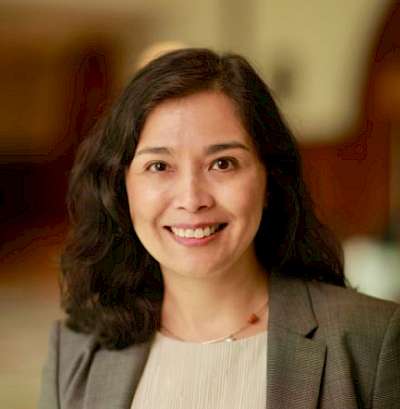 Veronica MENDIZABAL JOFFRE, Senior Gender and Social Development Specialist, ADB Climate Change and Sustainable Development Department
Veronica MENDIZABAL JOFFRE, Senior Gender and Social Development Specialist, ADB Climate Change and Sustainable Development Department
Veronica leads ADB’s gender program in Southeast Asia and has previously worked in the People’s Republic of China and Mongolia. She manages regional and country level technical assistance on gender equality and social inclusion and works with loan processing teams ensuring that gender equality is an integral part of ADB operations. Veronica has authored various publications on gender and labour force dynamics in East Asia, gender and the energy transition, and gender-based violence in Mongolia. She has also written on the impact of economic crises on vulnerable populations in Southeast Asia. Veronica has a Master’s Degree in Public Policy and Management from the University of London, United Kingdom, and a Master’s Degree in Management of Agricultural Knowledge Systems from Wageningen University in the Netherlands.
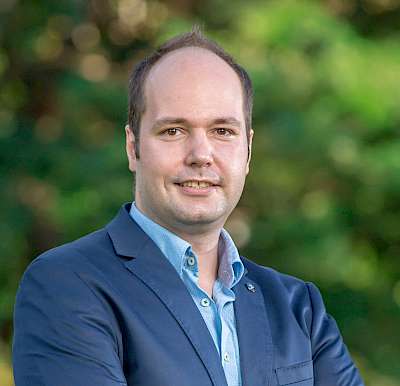 Denis Schaefer, Team Leader for SWITCH-Asia Prevent Plastics Project, Myanmar
Denis Schaefer, Team Leader for SWITCH-Asia Prevent Plastics Project, Myanmar
As Team Leader, Denis is in charge for the successful implementation of the SWITCH-Asia Prevent Plastics project in Myanmar. Started in May 2020, Prevent Plastics is a four-year project funded by the European Union with the aim to promote sustainable production and consumption patterns in Myanmar through raised awareness and best practices on waste management. Prevent Plastics cooperates with factories, local SMEs and communities based projects in Yangon and around Myanmar. The purpose of the project is to introduce sustainable waste management practices for Micro, Small and Medium-sized Enterprises (MSMEs) and support all relevant stakeholders with tailored action plans, capacity building measures, and Public-Private Dialogue. Before joining the team, he worked in the private sector and was responsible for the South East Asia operations of an international company. Denis has a demonstrated history of working on top management positions as well as managing development projects. He has over 5 years of multicultural leadership experience in Asia.
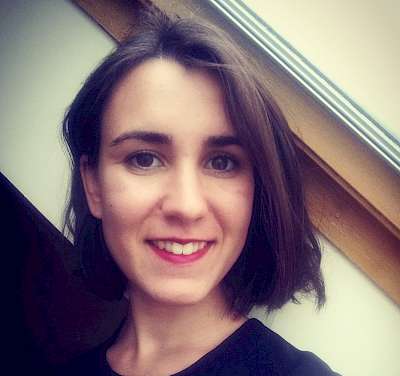 Neila Mangin, Corporate Accountability & Climate Justice Advisor at Manushya Foundation
Neila Mangin, Corporate Accountability & Climate Justice Advisor at Manushya Foundation
Neïla is the corporate accountability & climate justice advisor at Manushya Foundation, an intersectional feminist organisation which supports communities to become agents of change fighting for their rights and providing solutions to improve their lives and livelihood. She is a business & human rights expert with diverse experiences in the field. Previously to joining Manushya she worked as a human rights officer for multinational companies, taught business & human rights to business students and conducted human rights research for NGOs. At Manushya, Neïla leads the Corporate accountability and climate justice portfolio, developing research outputs on corporate accountability, climate justice, just transition and access to justice for marginalised communities. Manushya's latest report provided recommendations for the management of the Loss & Damage Fund to ensure the voices and needs of marginalised communities from the Global south are at the forefront of solutions in combating climate change. Manushya's current work include advocating for better inclusion of communities in the draft of the thai Climate change act through participation in public consultation.
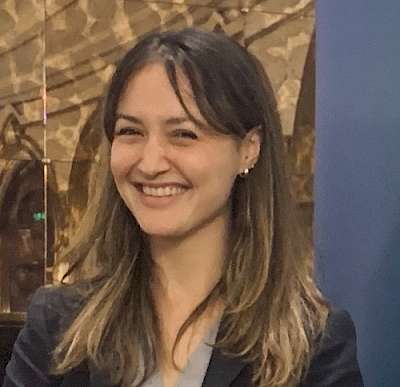 Chloe POTTINGER-GLASS, Research Associate at Stockholm Environment Institute, Asia Office
Chloe POTTINGER-GLASS, Research Associate at Stockholm Environment Institute, Asia Office
Chloe is an urbanist and researcher with Stockholm Environment Institute based in Bangkok, Thailand where she leads interdisciplinary research on equitable and sustainable urbanization in the context of climate change with an emphasis on just transitions and the circular economy. Her work focuses on the Asia region where she has been based for the past six years.
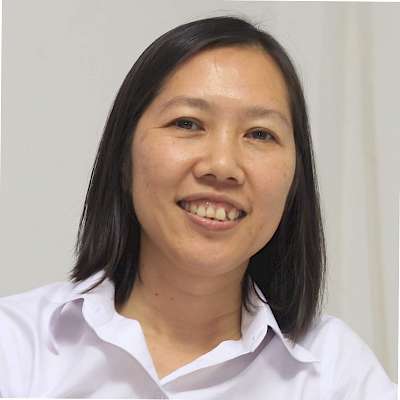 Keoamphone SOUVANNAPHOUM ( Keo), Country Director, CARE International, SWITCH-Asia SuPER WE Coffee Lao PDR
Keoamphone SOUVANNAPHOUM ( Keo), Country Director, CARE International, SWITCH-Asia SuPER WE Coffee Lao PDR
With 20 years' experience, Keo has been working in the development sector in Laos and the wider Mekong region, with a focus on gender equality, community development and strengthening civil society. Her involvement in the sector arises from her strong passion for advocating for positive changes in her communities. She hopes to contribute to support and influence decisions for equal rights and opportunities for women and girls. She was previously the Country Director of ChildFund Laos. Keo holds a Graduate Certificate in Childhood and Youth Studies from Southern Cross University, Australia and graduated from the Duke International School of Public Policy, North Carolina.
Agenda
|
|
|
|
15:00 |
Introduction to the ASEAN Circular Economy Stakeholder Platform Anthony PRAMUALRATANA and Treesuvit ARRIYAVAT (David), ASEAN Circular Economy Stakeholder Platform |
|
15:05 |
Towards a Just Circular Transition: What is a just circular transition and what will it take to realise it? by Anthony PRAMUALRATANA, Deputy Director at the ASEAN Circular Economy Stakeholder Platform |
|
15:15 |
Panel Discussion: Global Perspectives and International Approaches to a Just Circular Transition
Moderated by Elodie MARIA-SUBE, Key Expert on EU policy development and partnership building at the SWITCH-Asia Policy Support Component |
|
15:40 |
Panel Discussion: Balancing Growth and Equity: A Just Transition to the Circular Economy in ASEAN:
Moderated by Anthony PRAMUALRATANA, Deputy Director at the ASEAN Circular Economy Stakeholder Platform |
|
16:05
|
Q&A |
|
16:30 |
Concluding remarks and vote of thanks. Anthony PRAMUALRATANA and Treesuvit ARRIYAVAT (David), ASEAN Circular Economy Stakeholder Platform |
[1] https://www.un.org/development/desa/dpad/wp-content/uploads/sites/45/CDP-excerpt-2023-1.pdf
[2] https://www.ilo.org/empent/areas/social-finance/WCMS_825124/lang--en/index.htm


